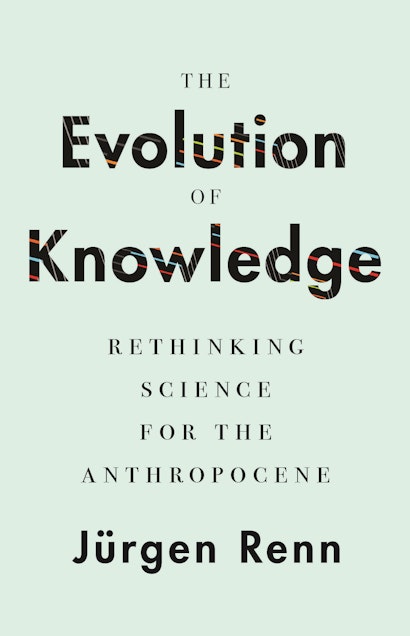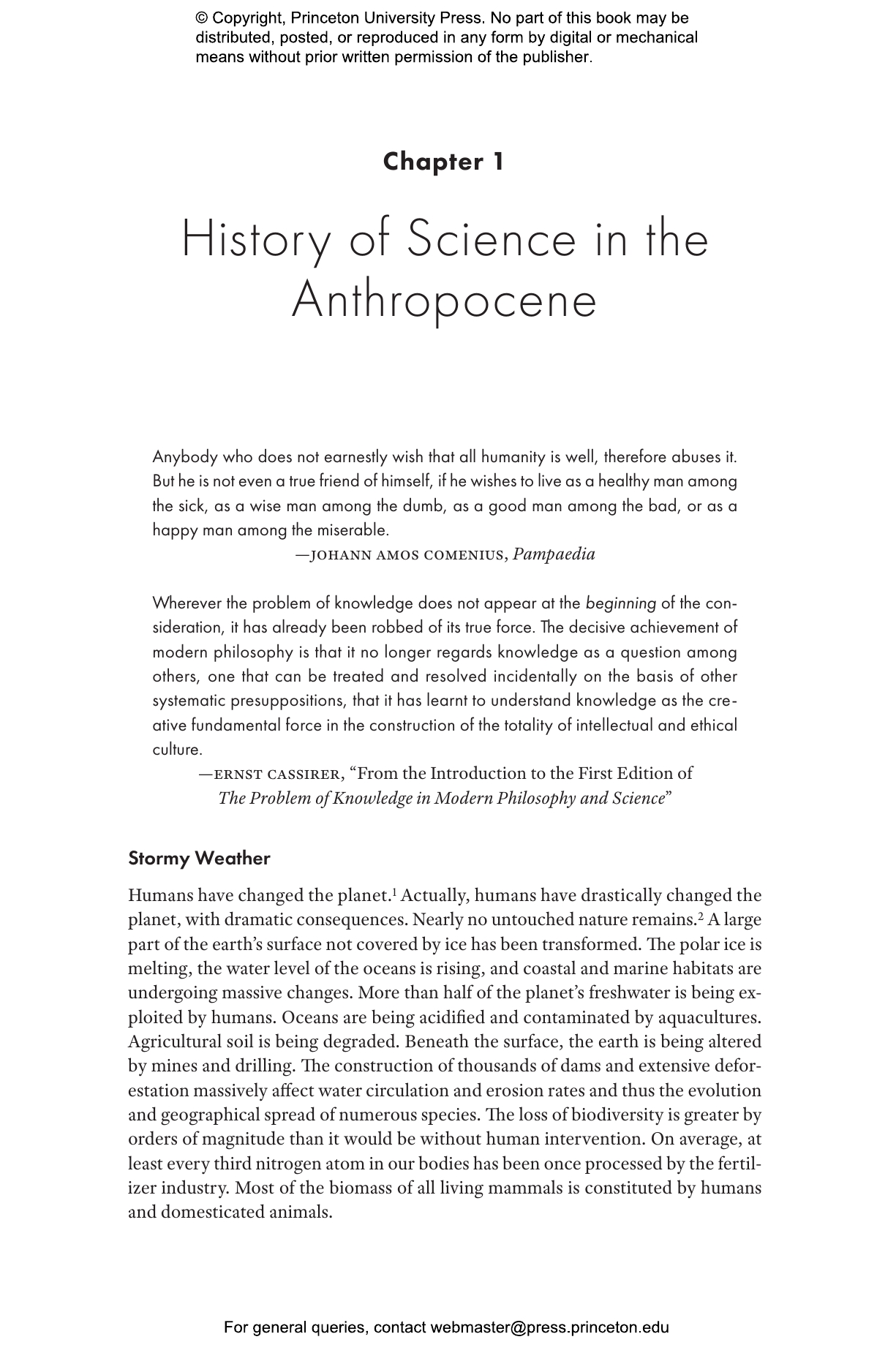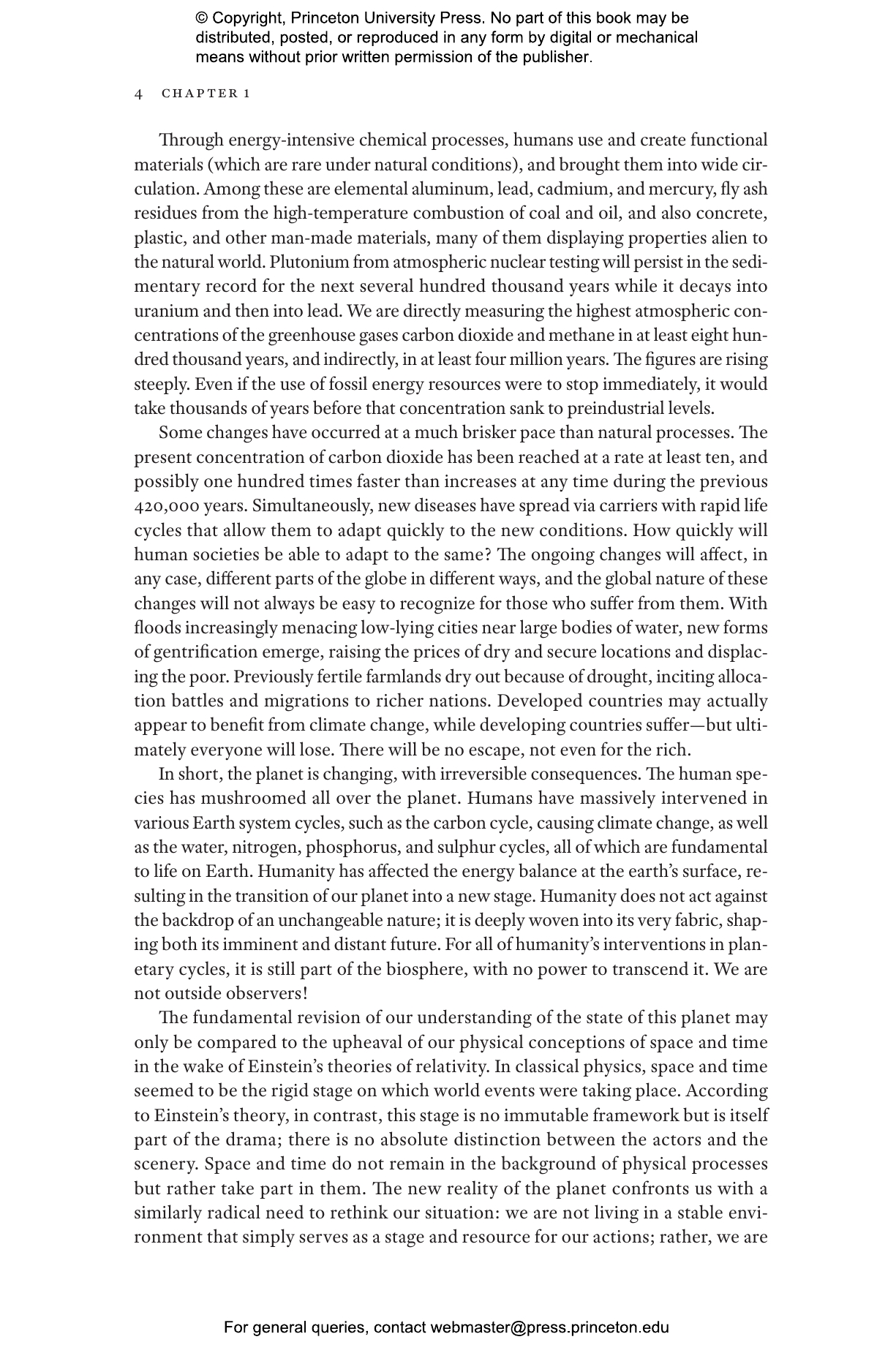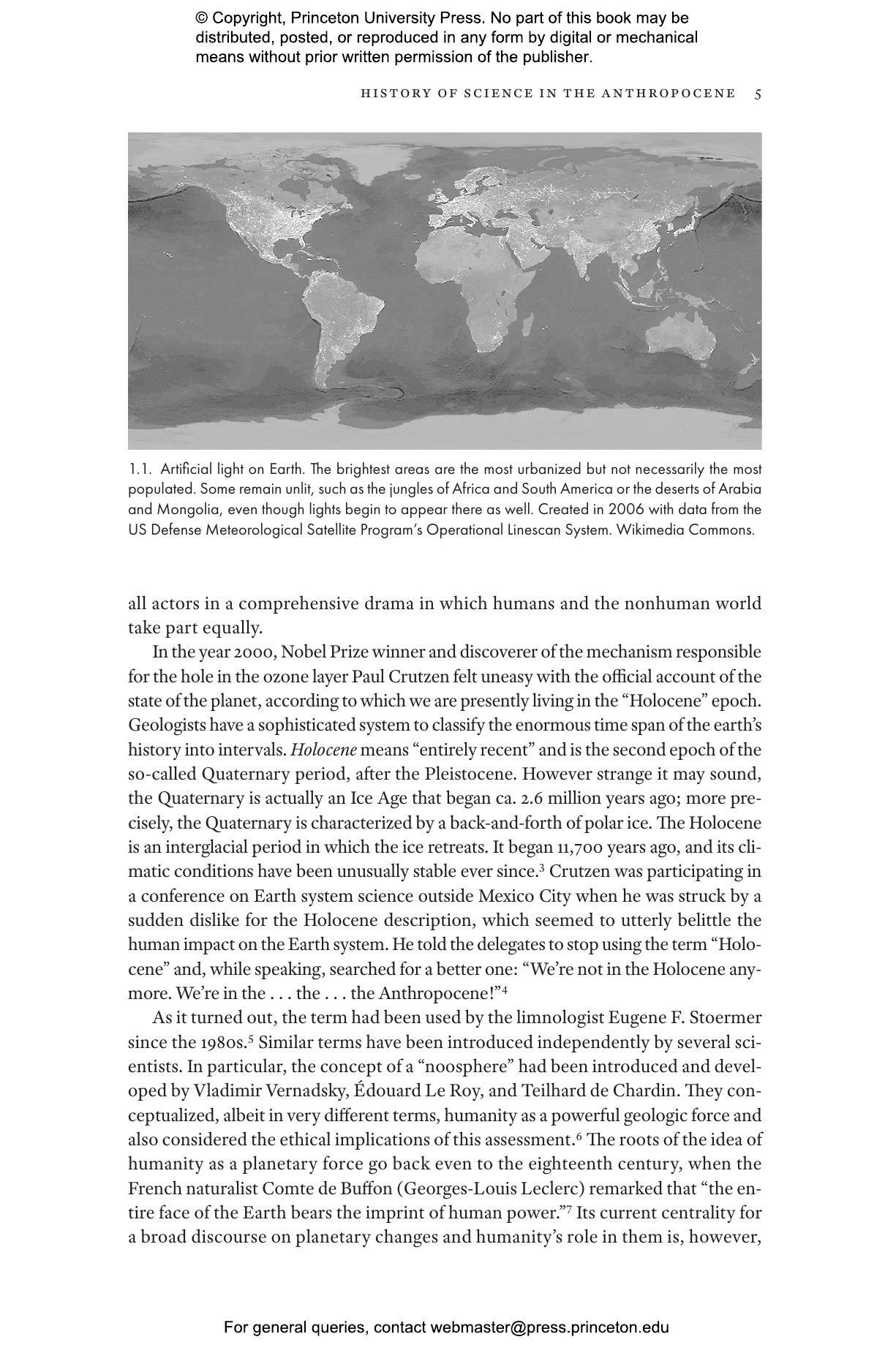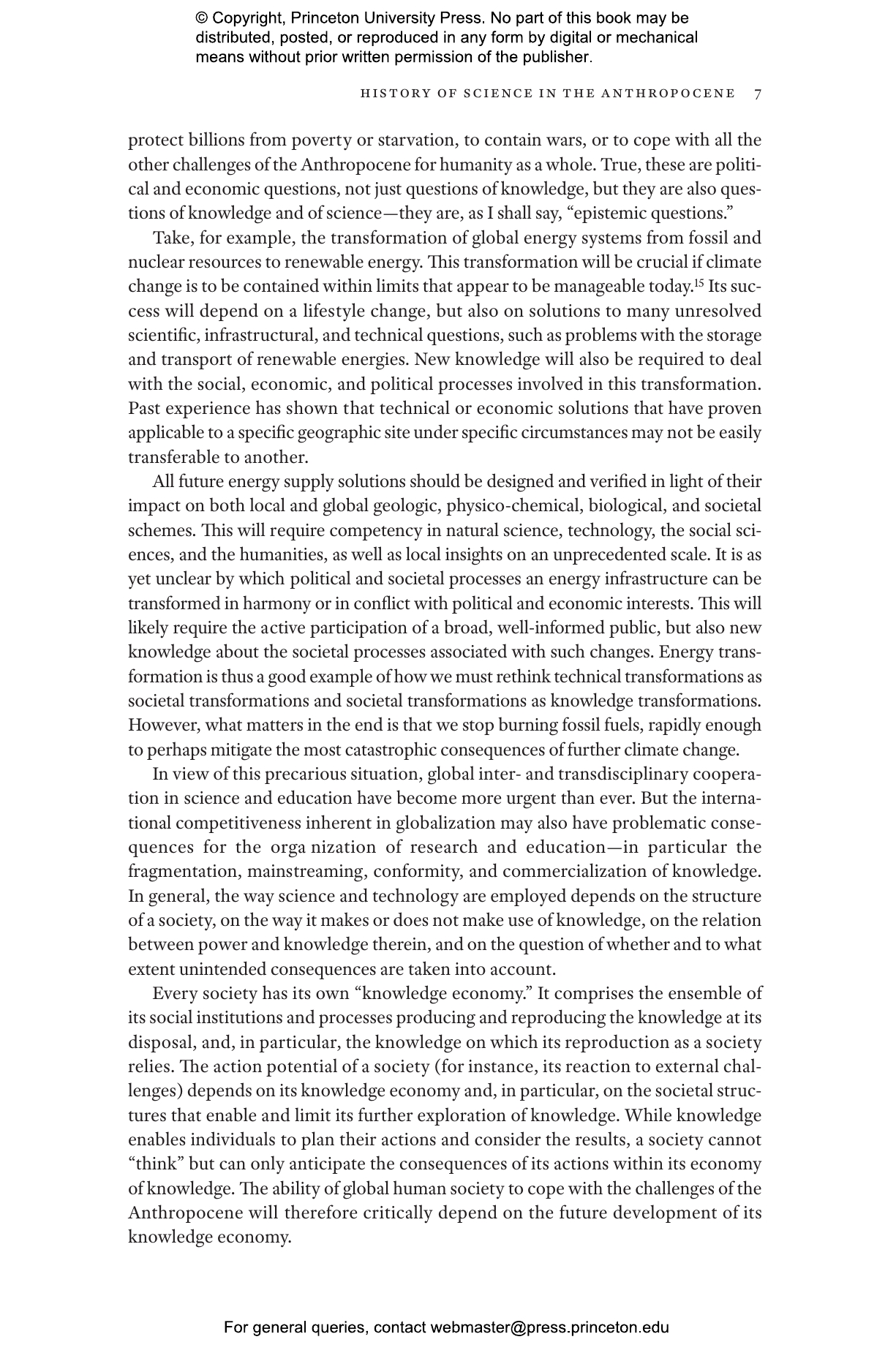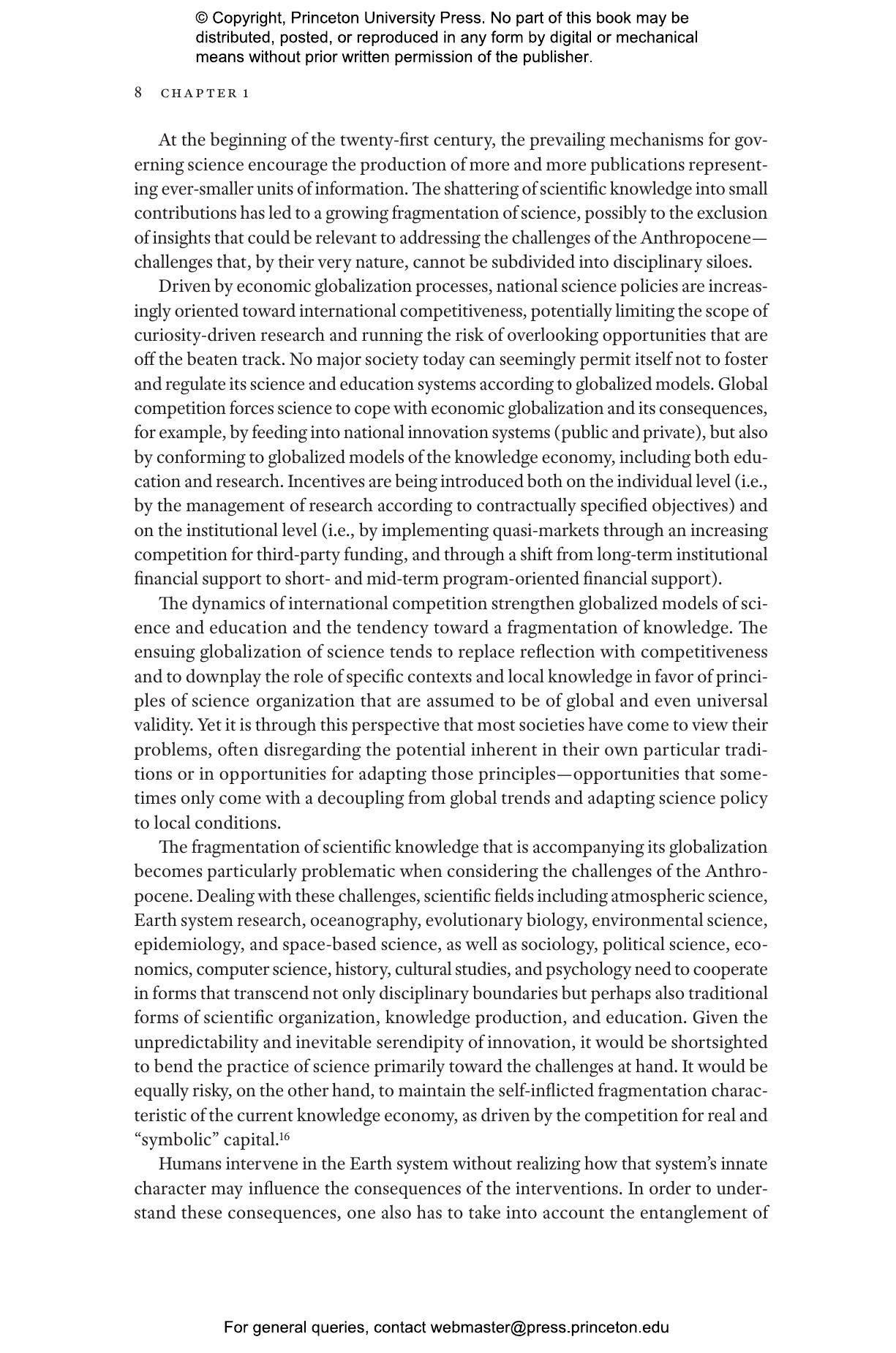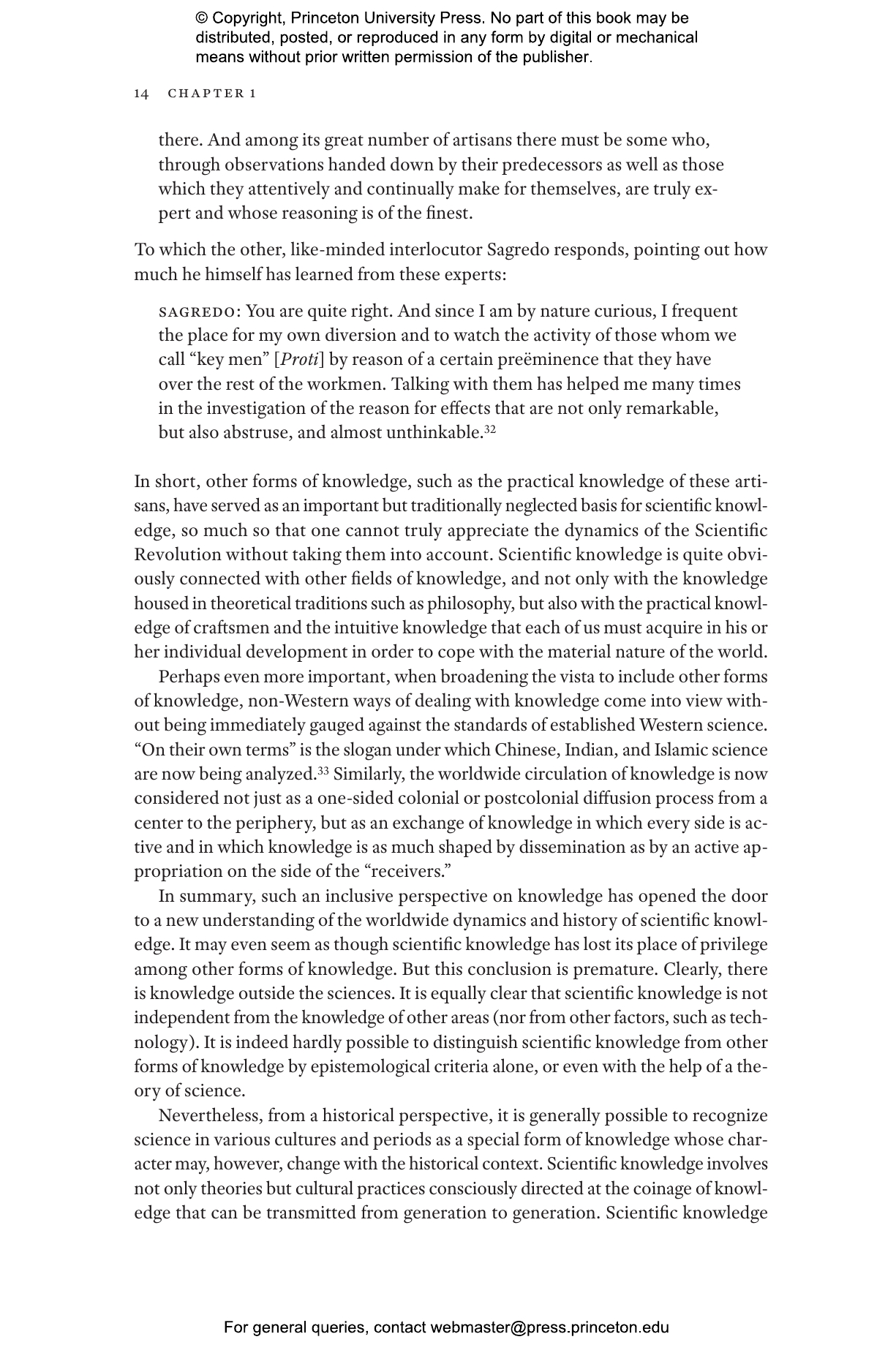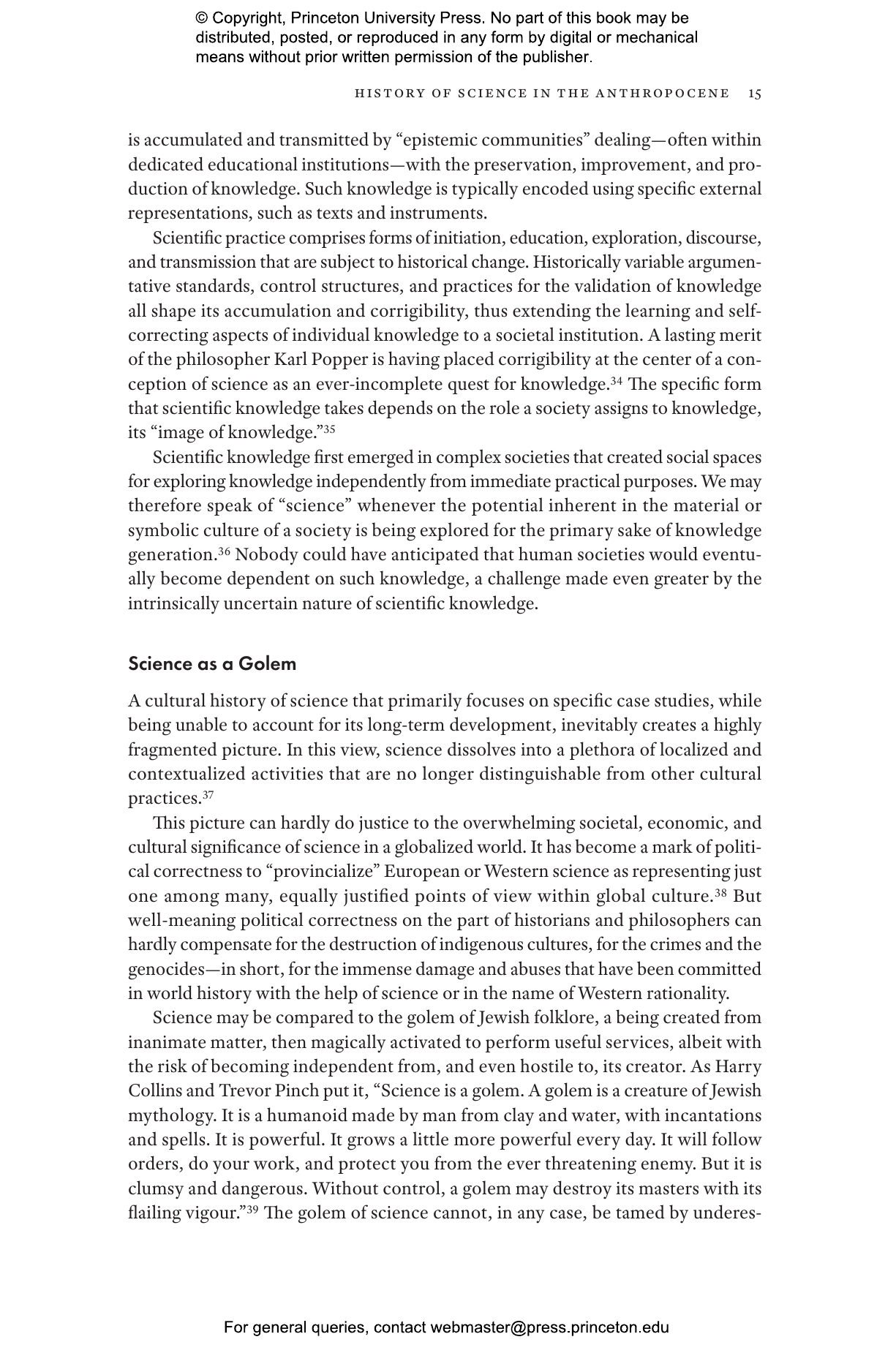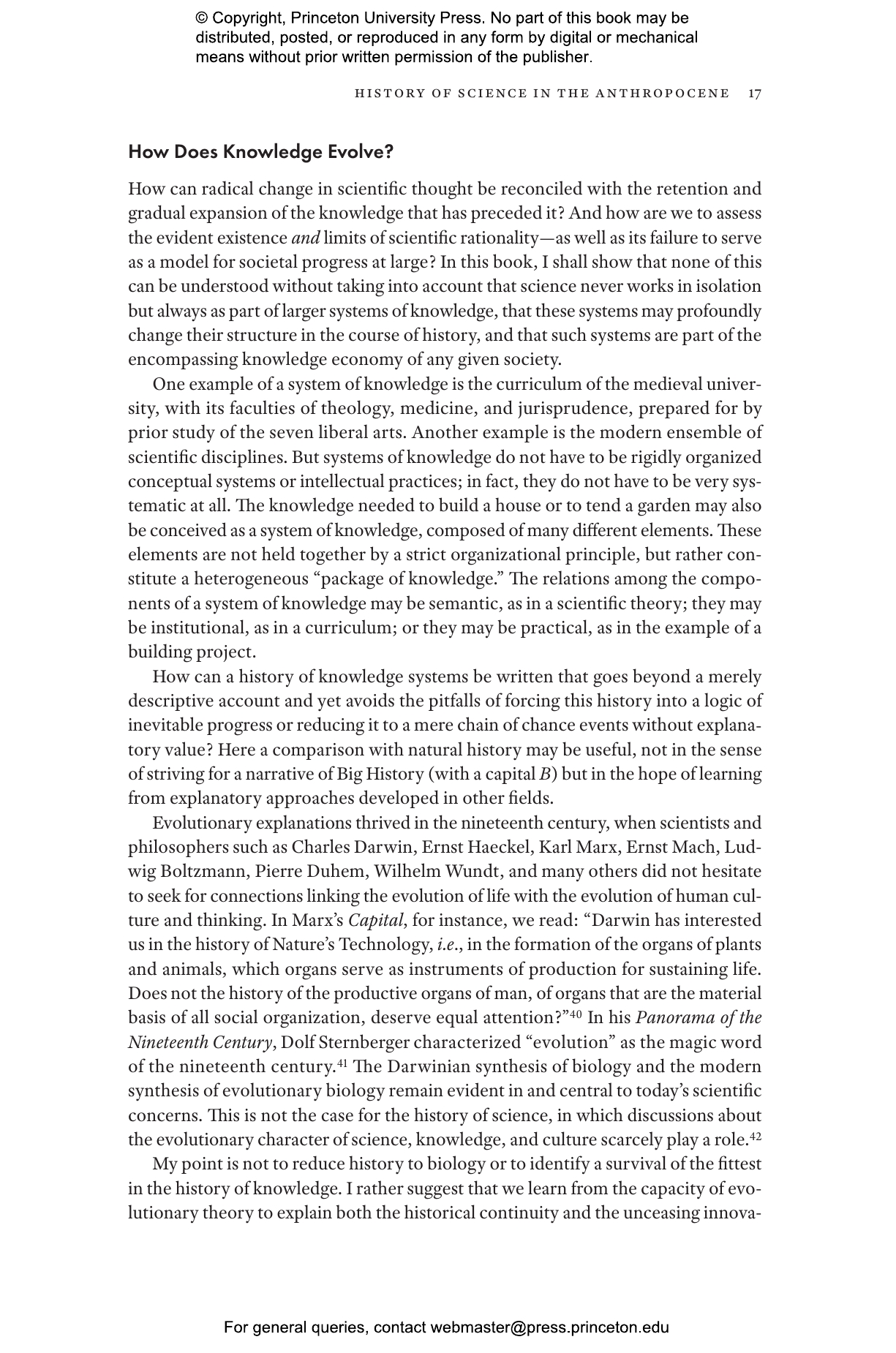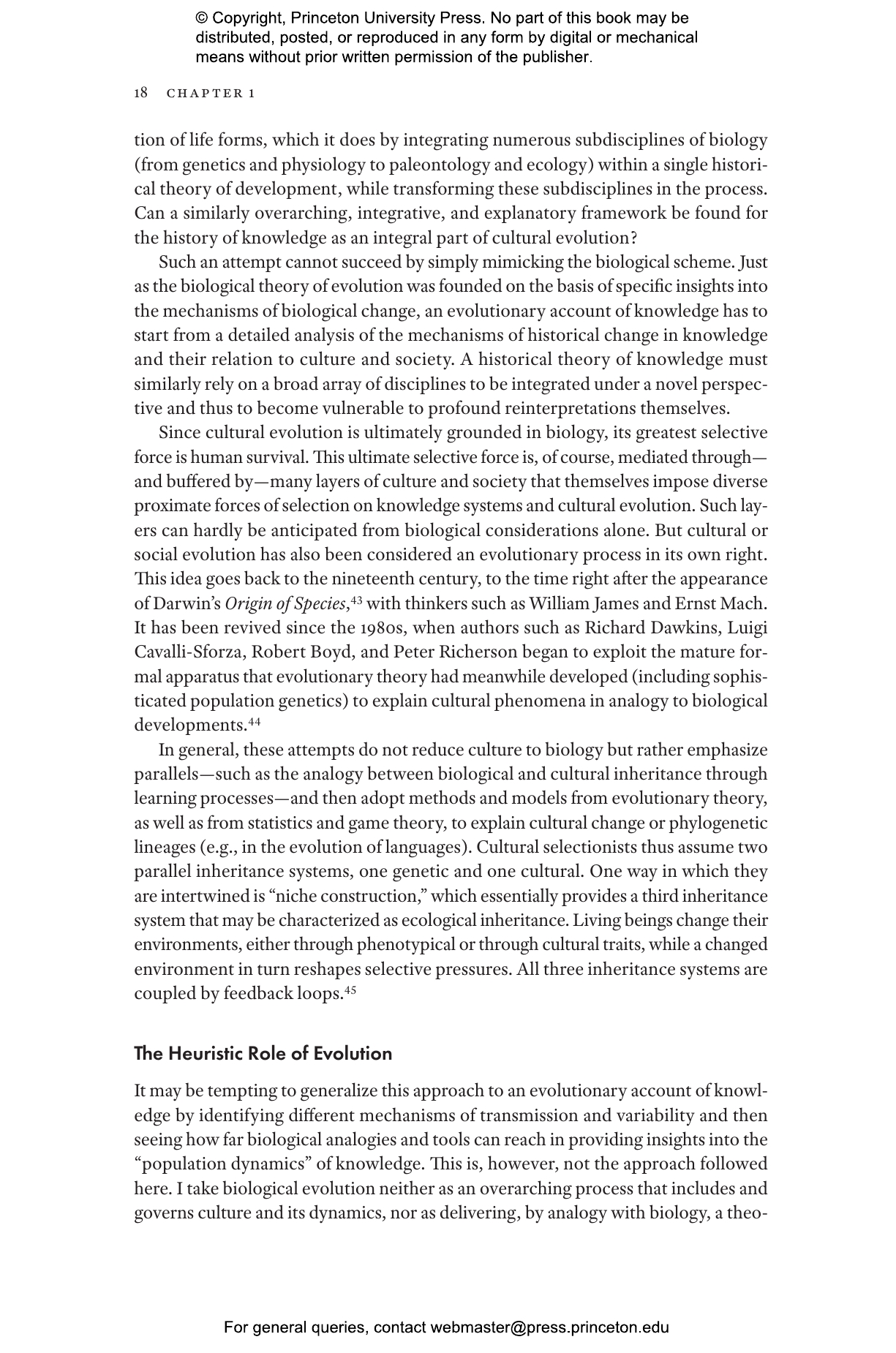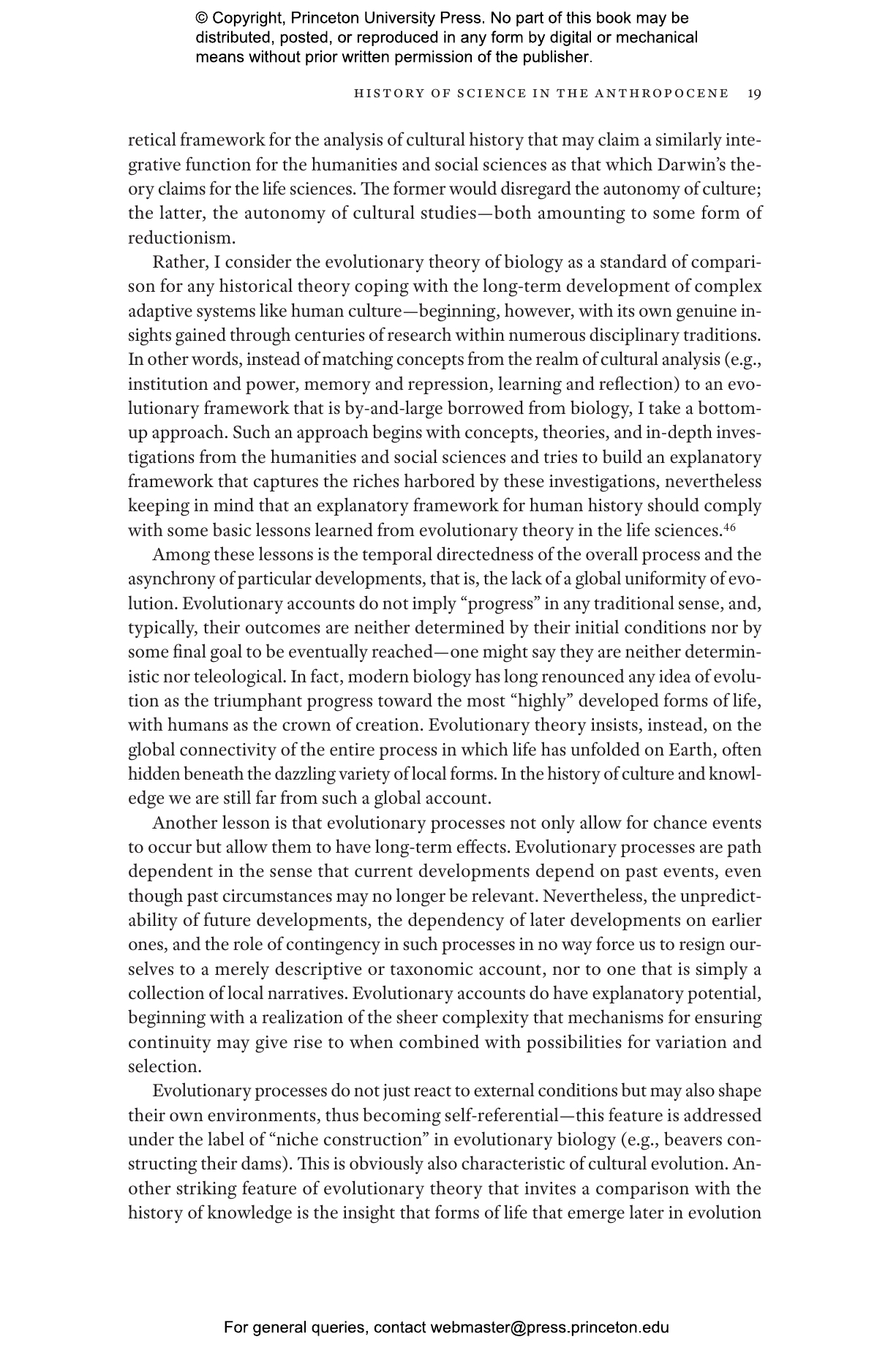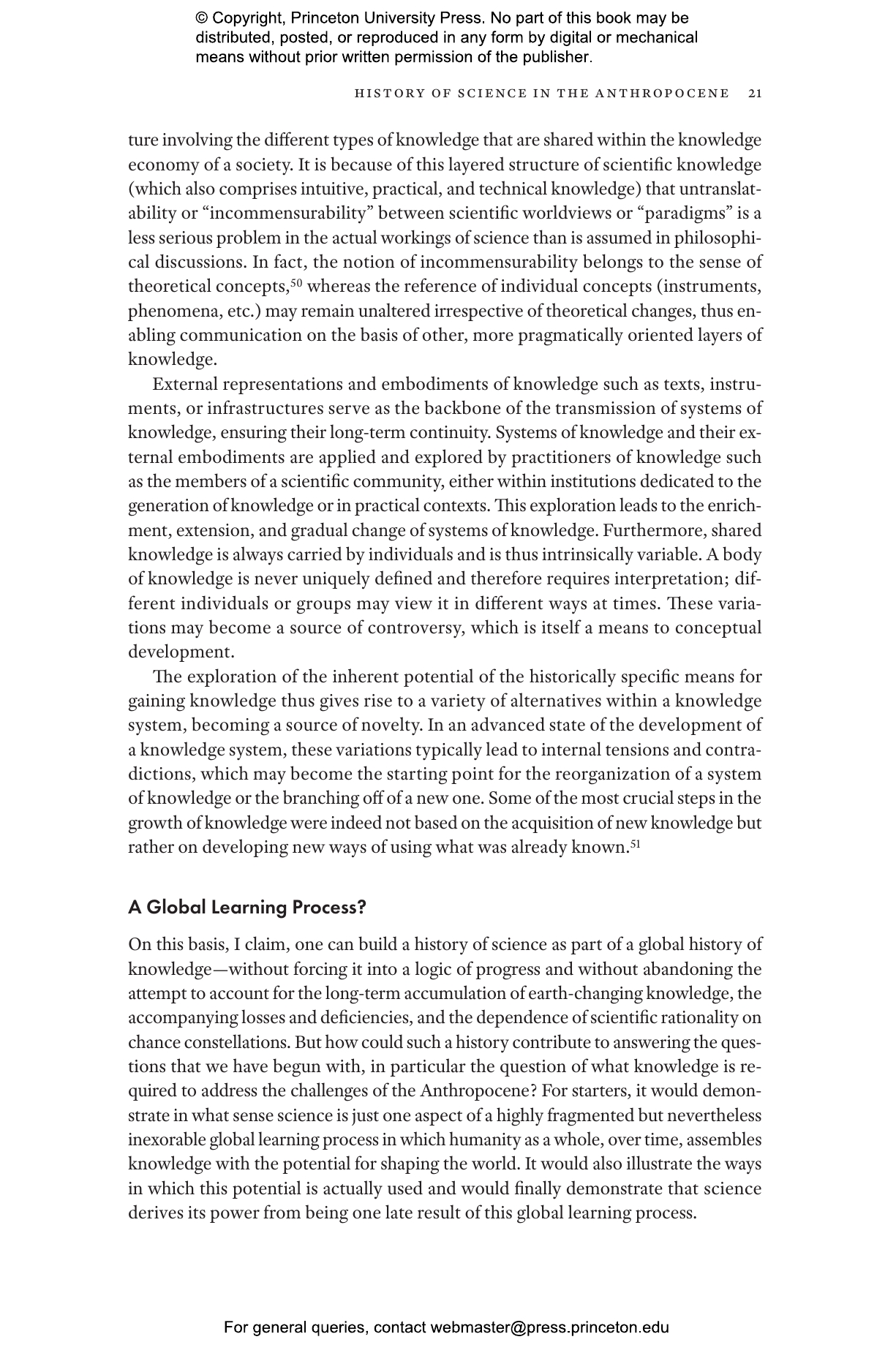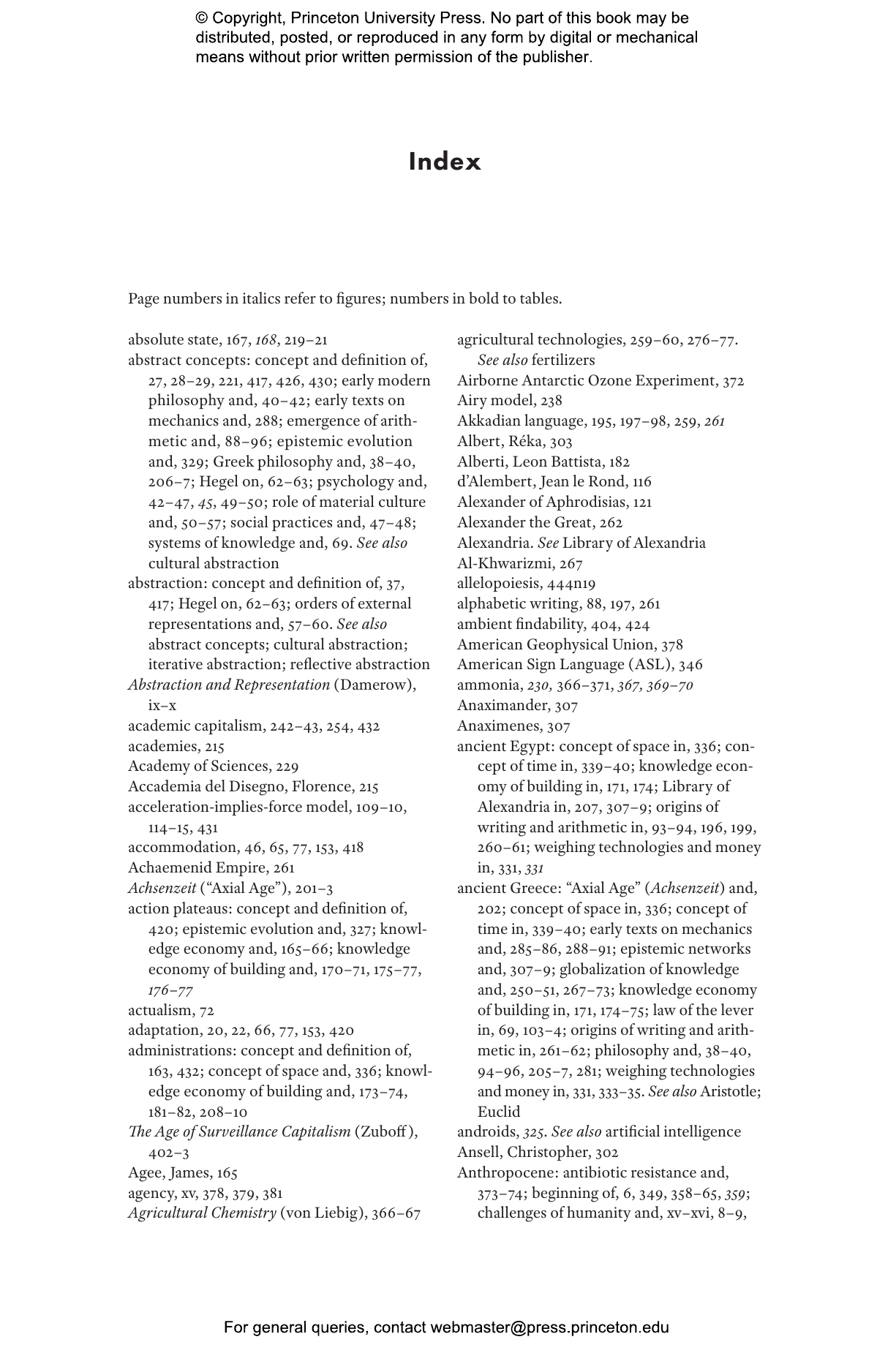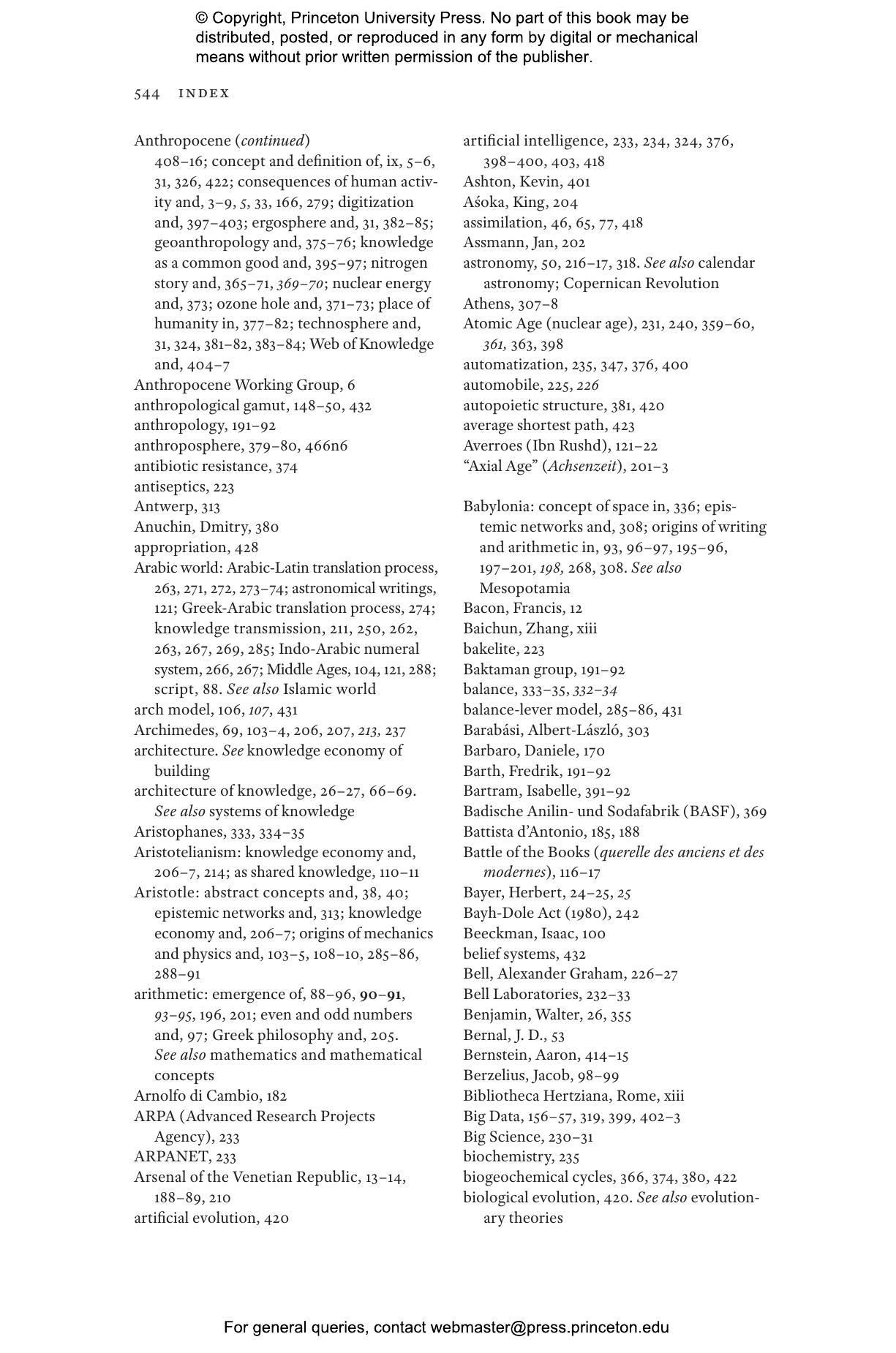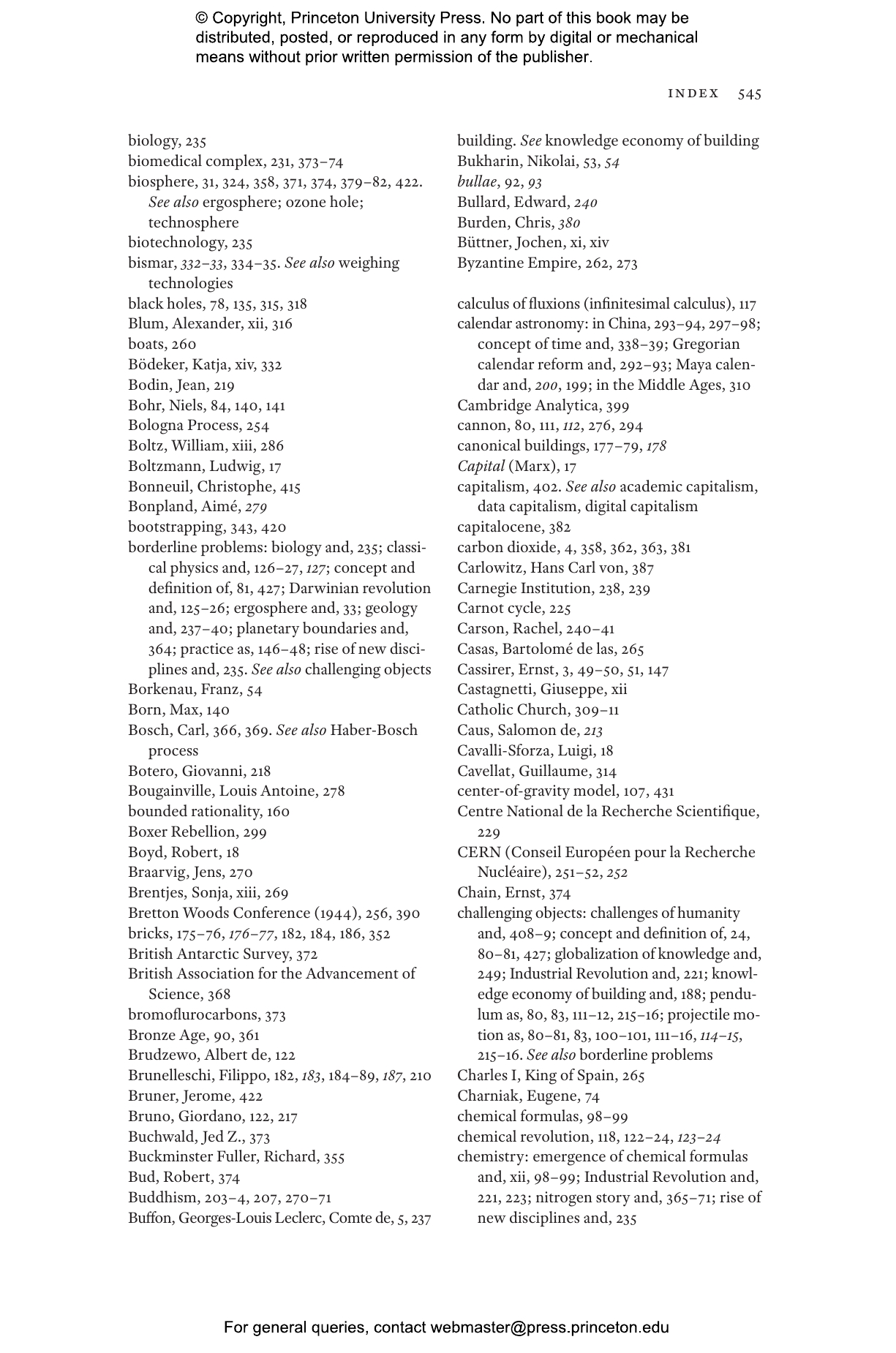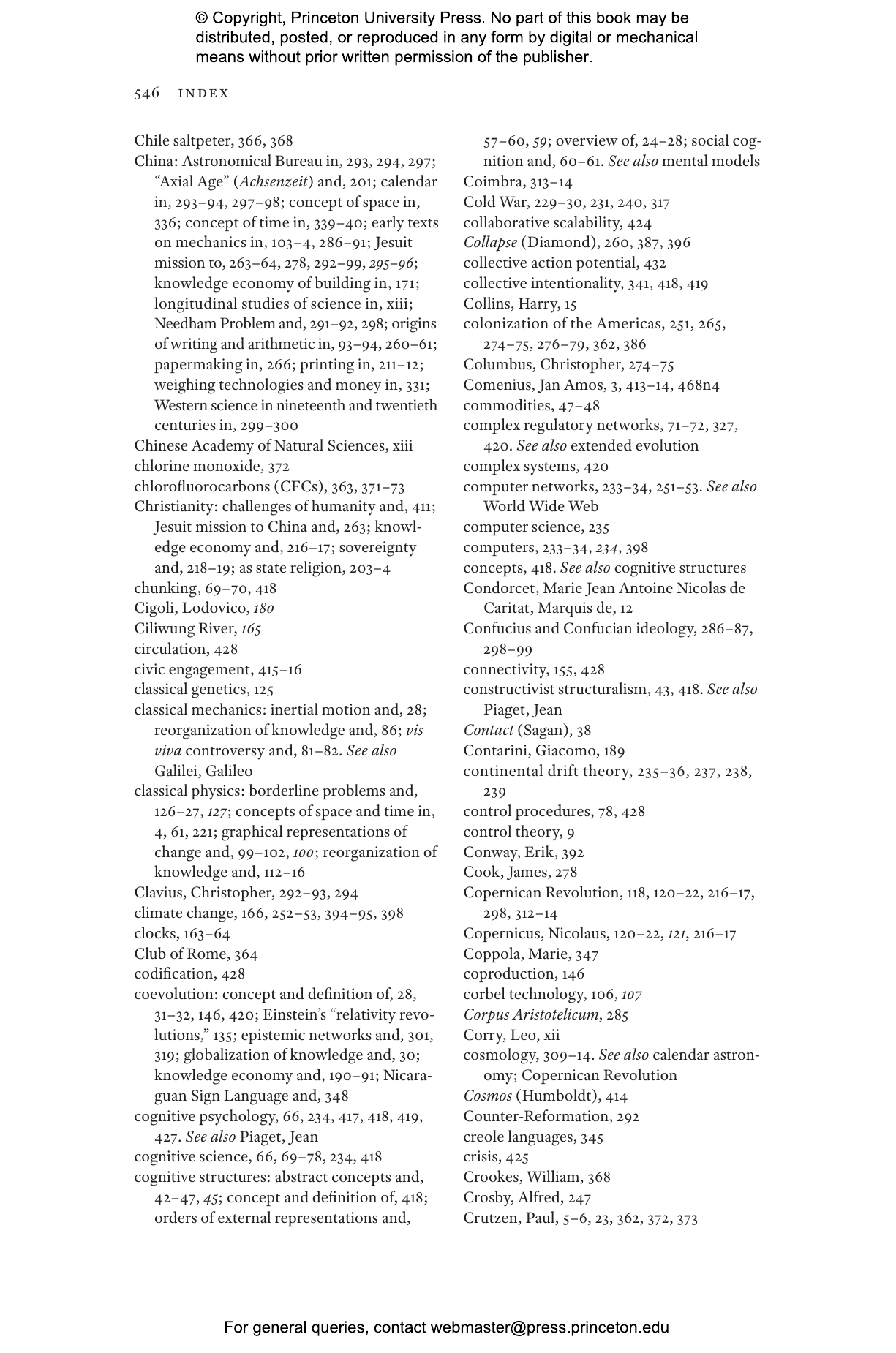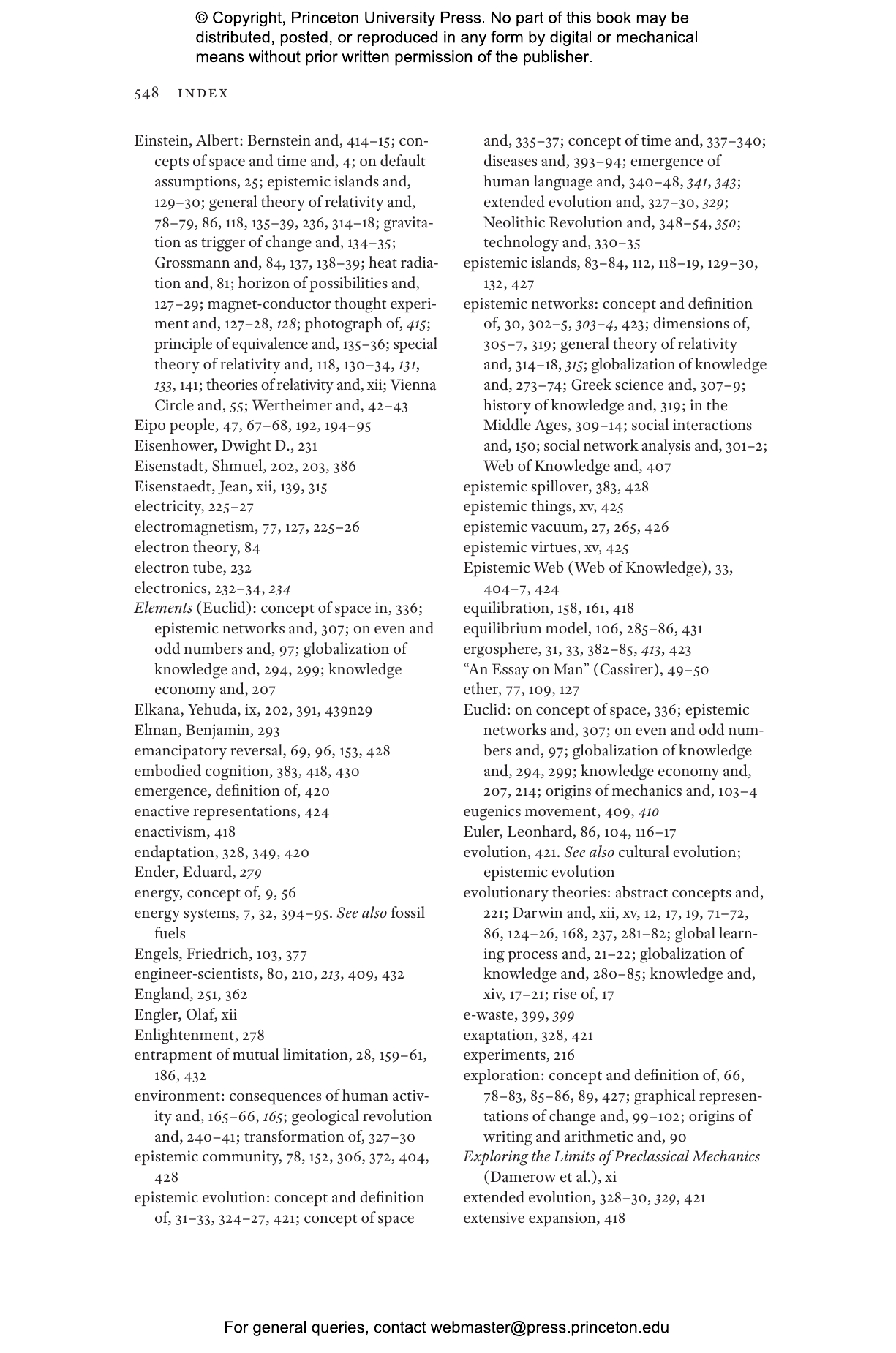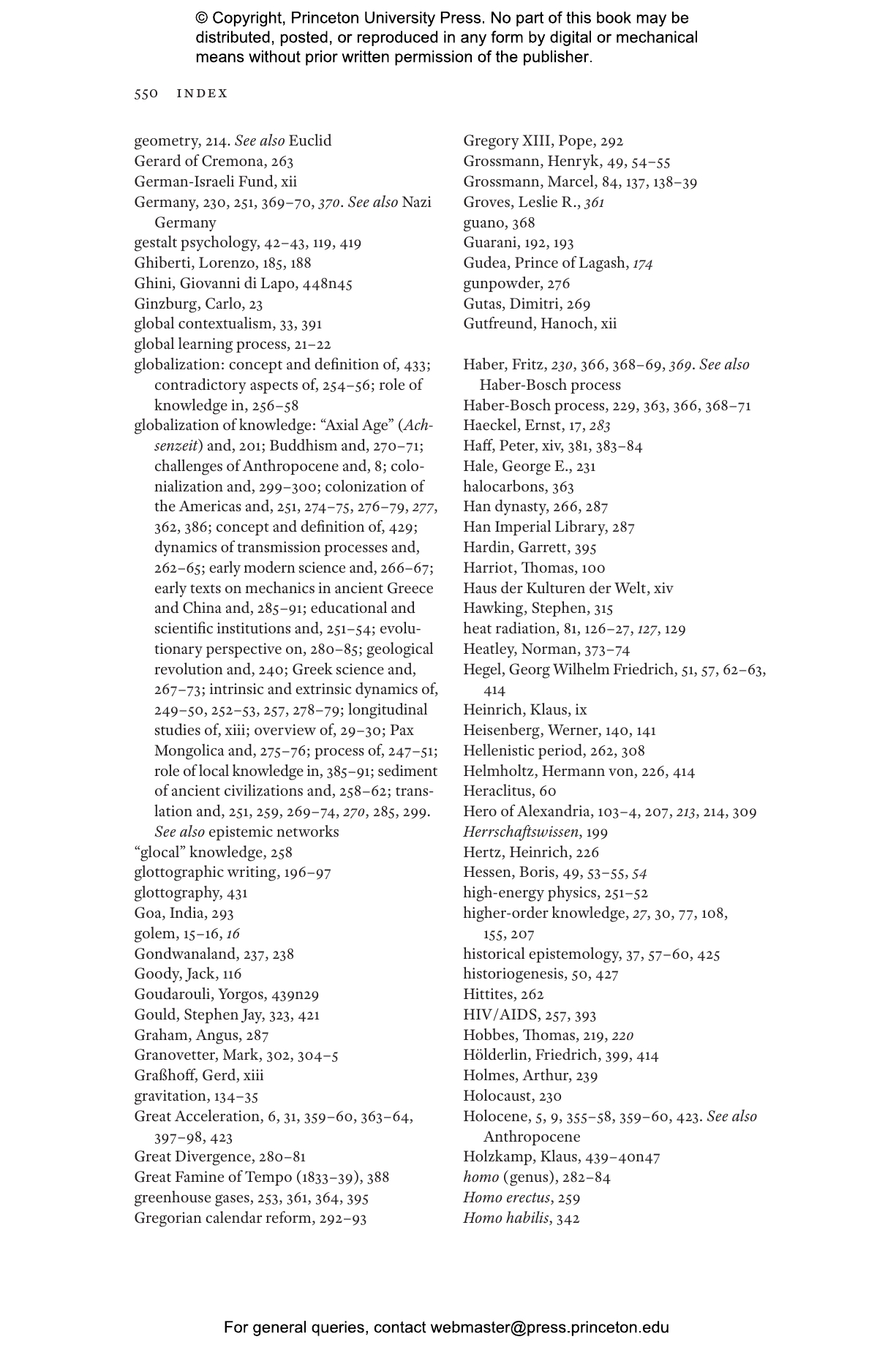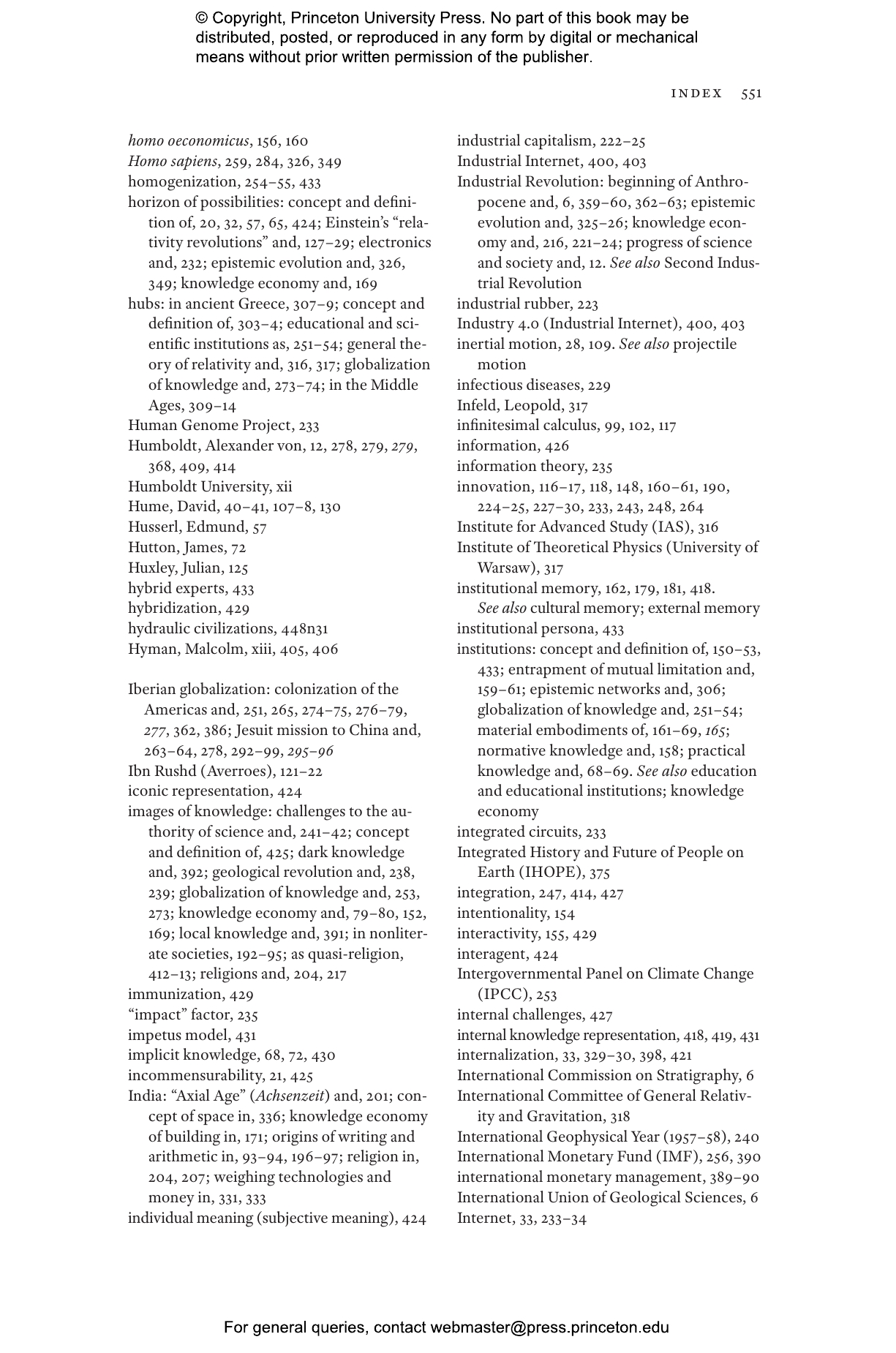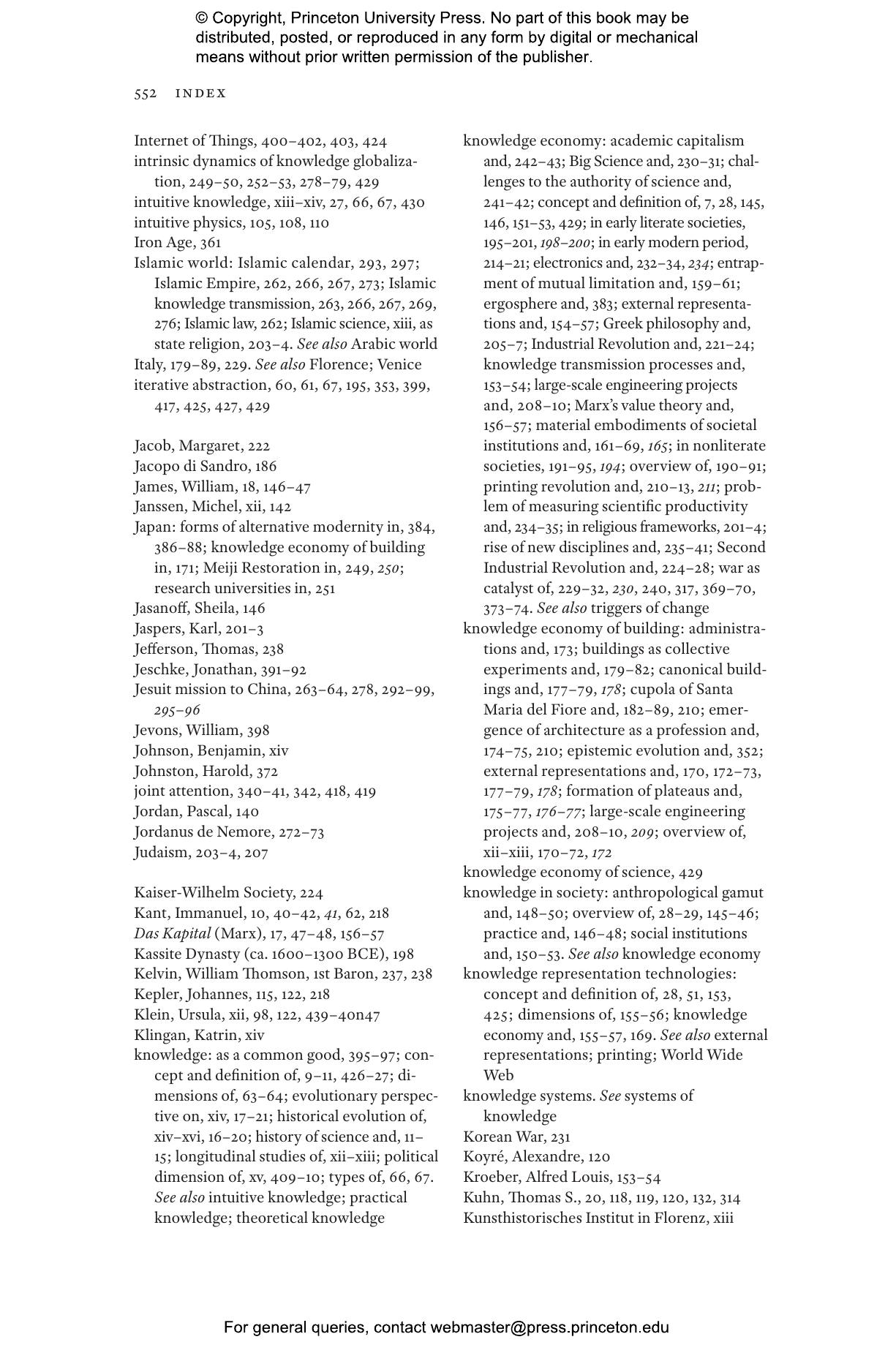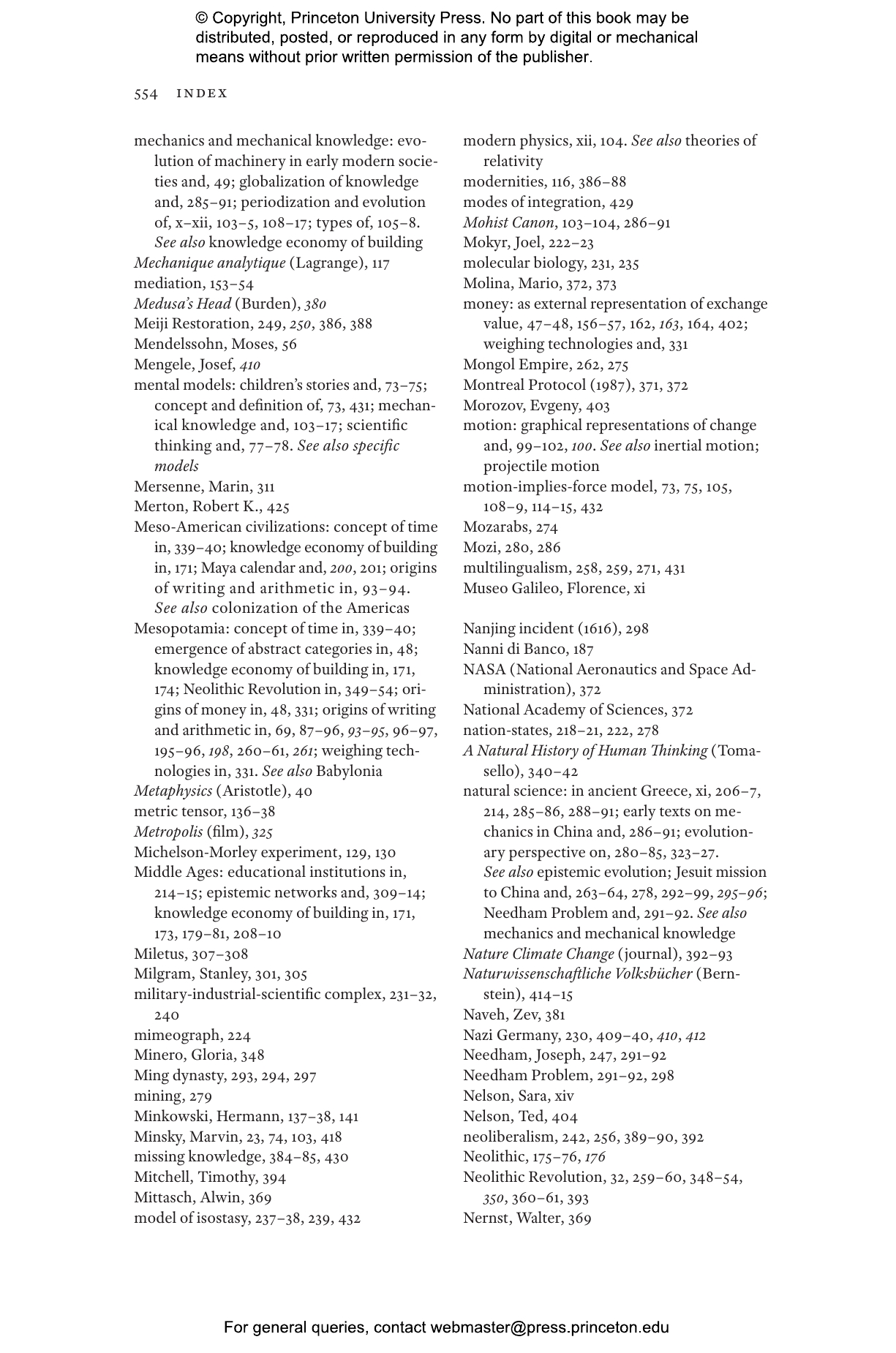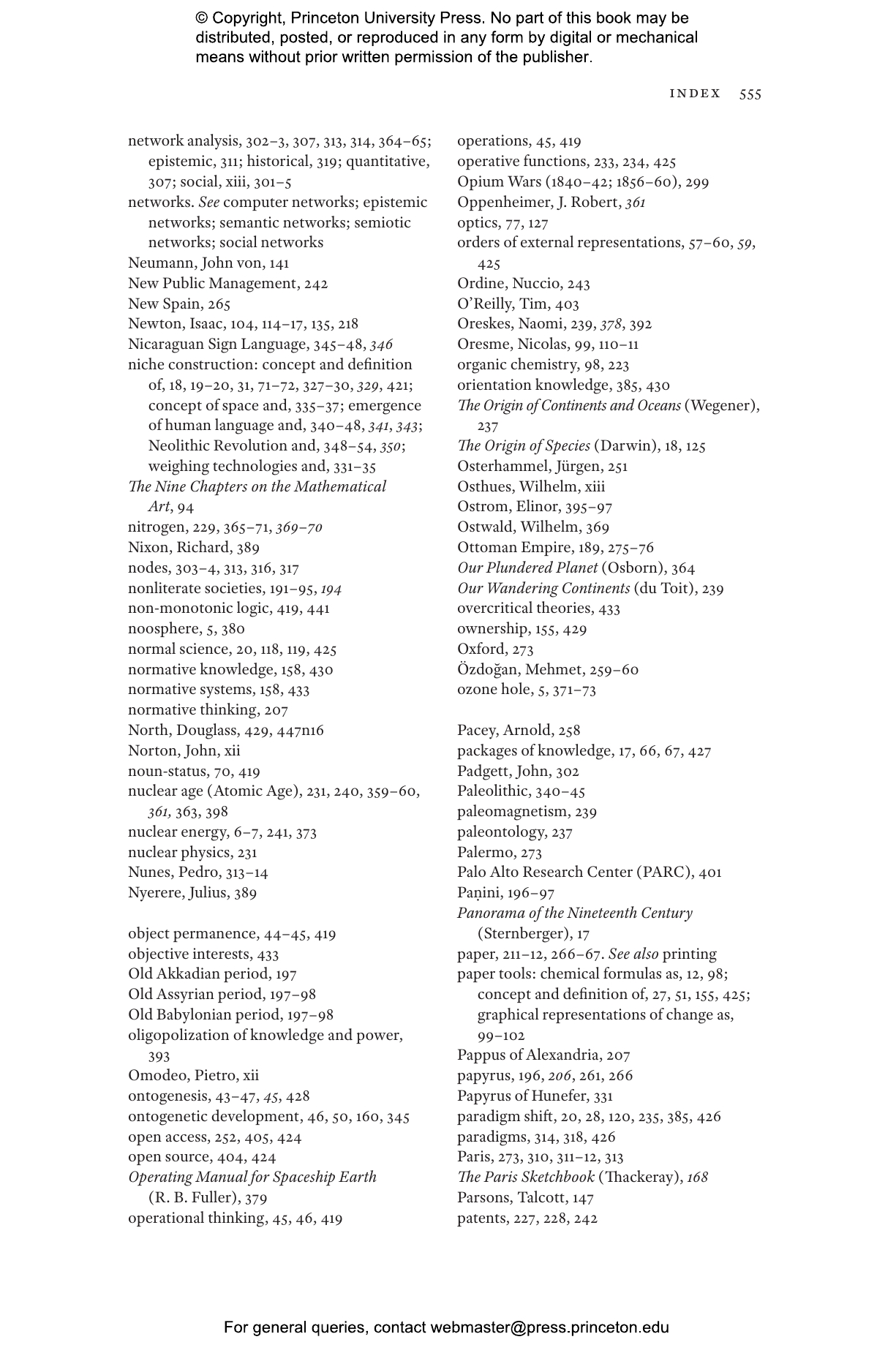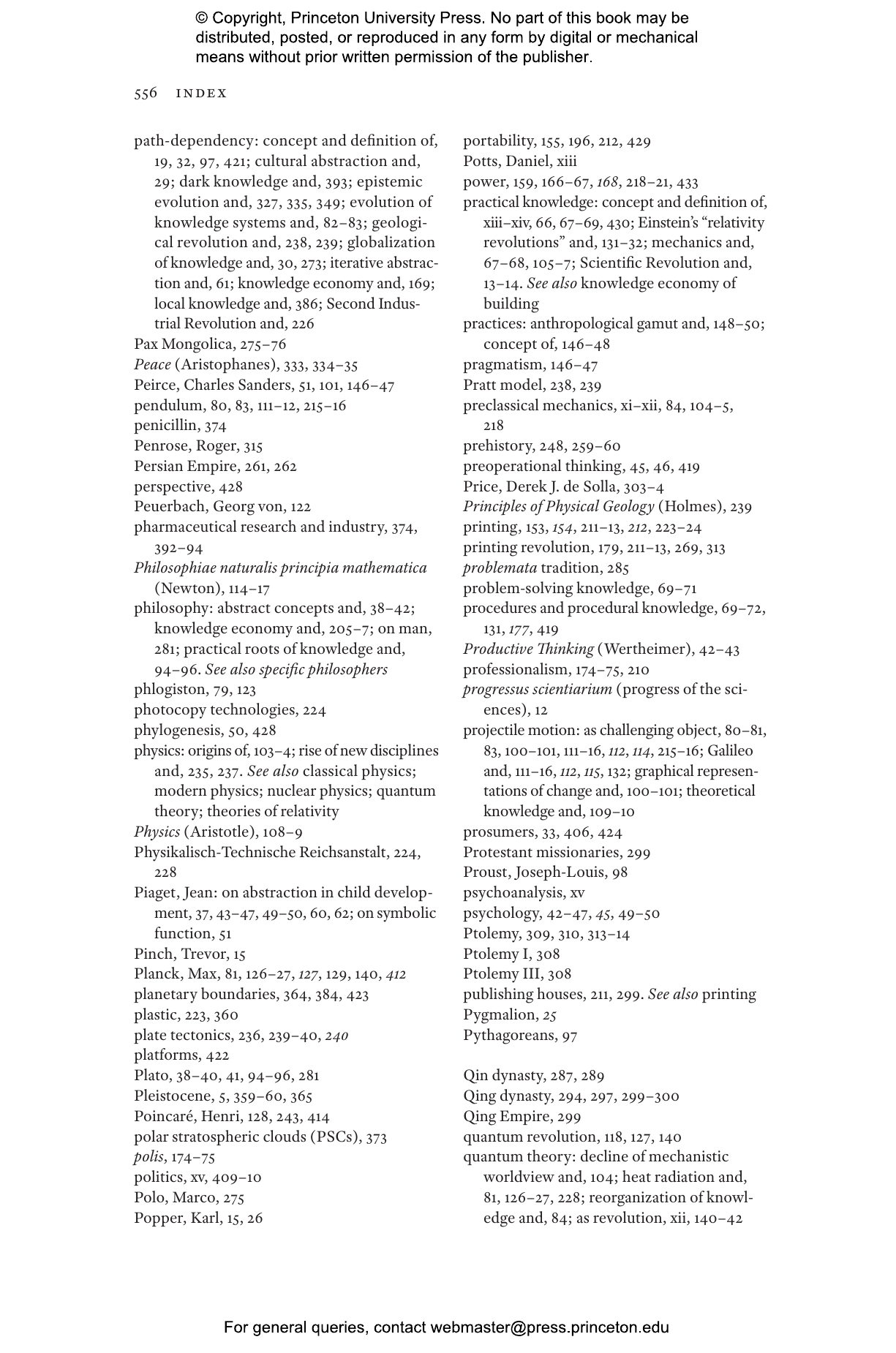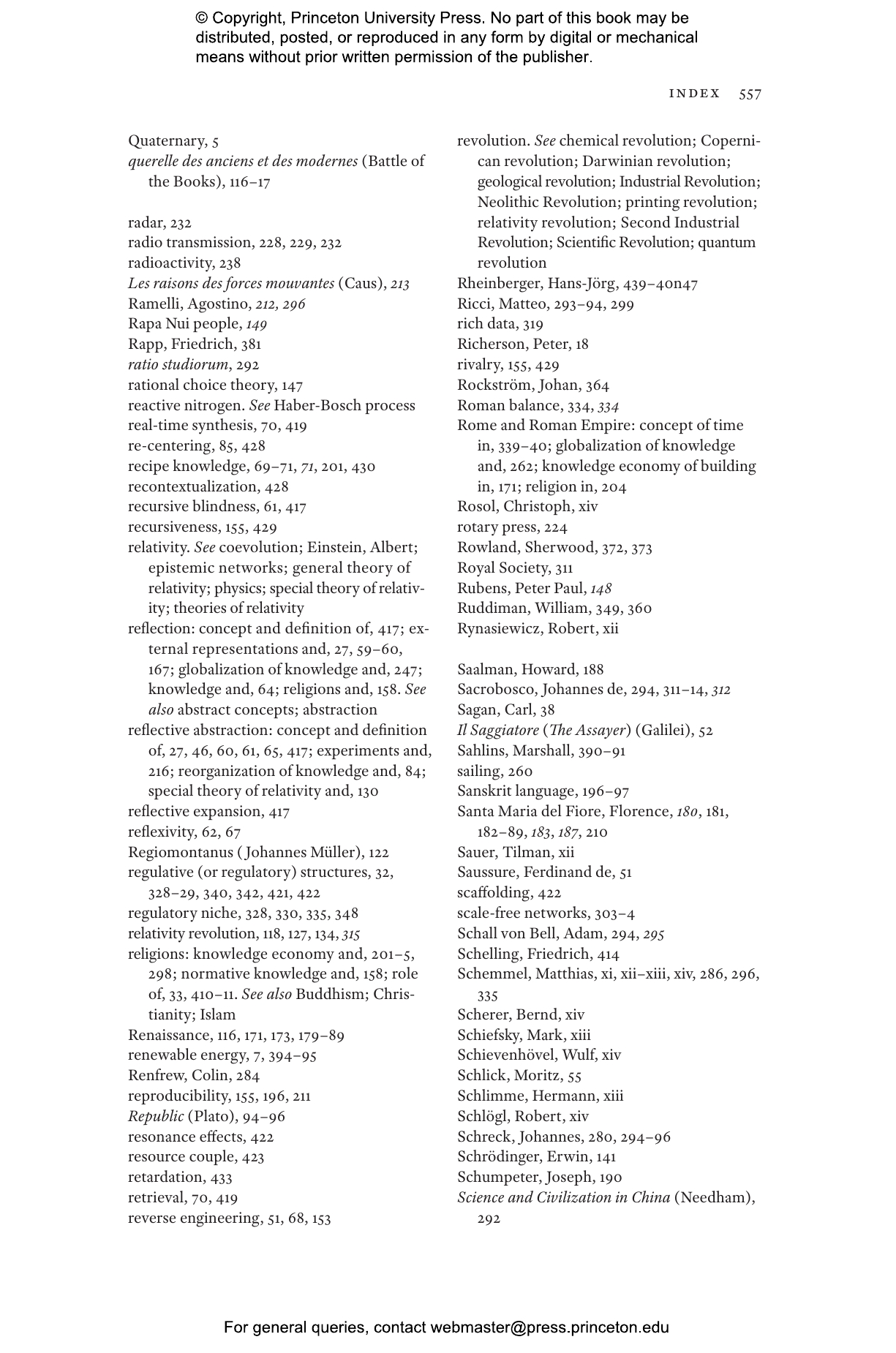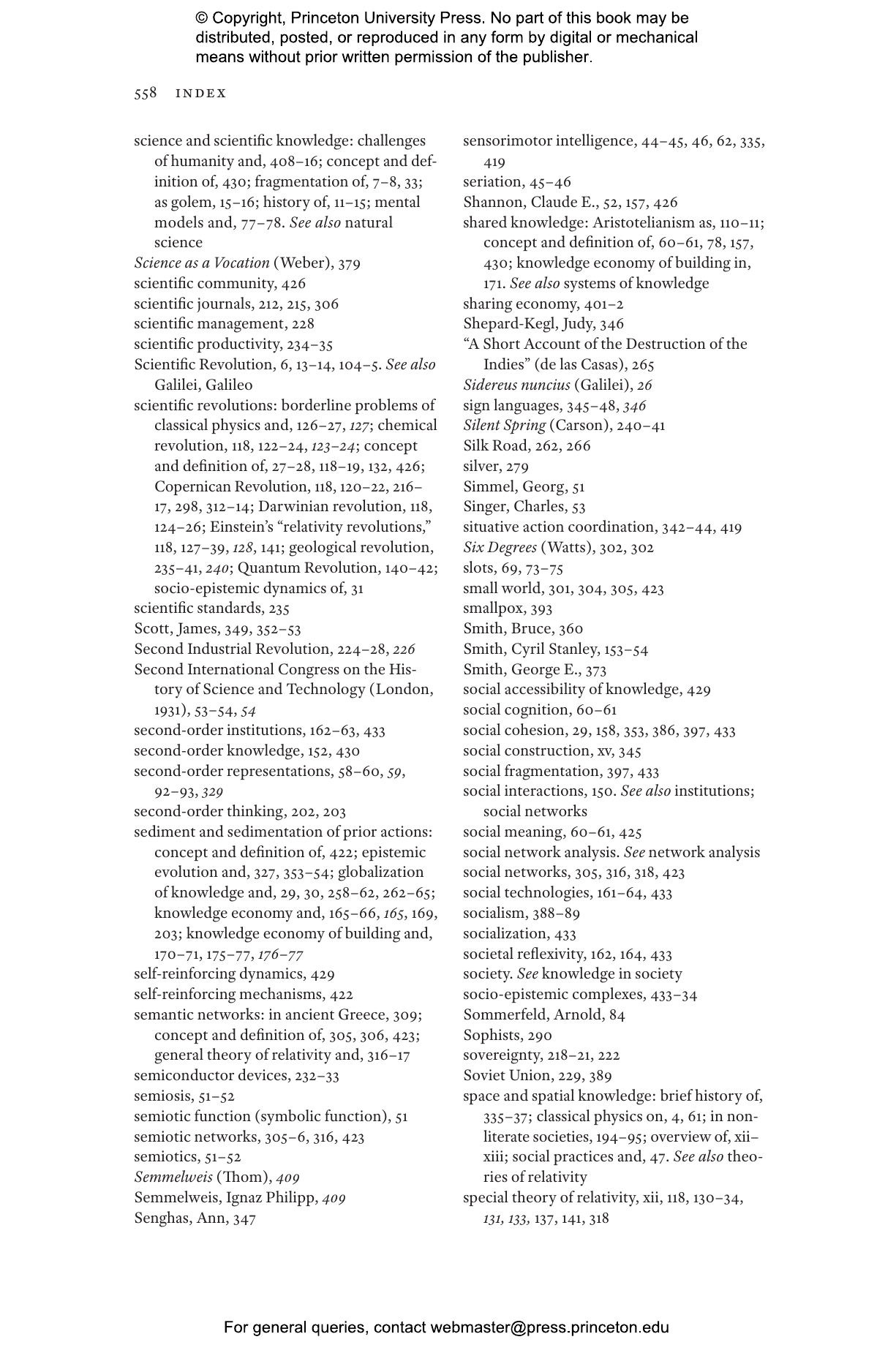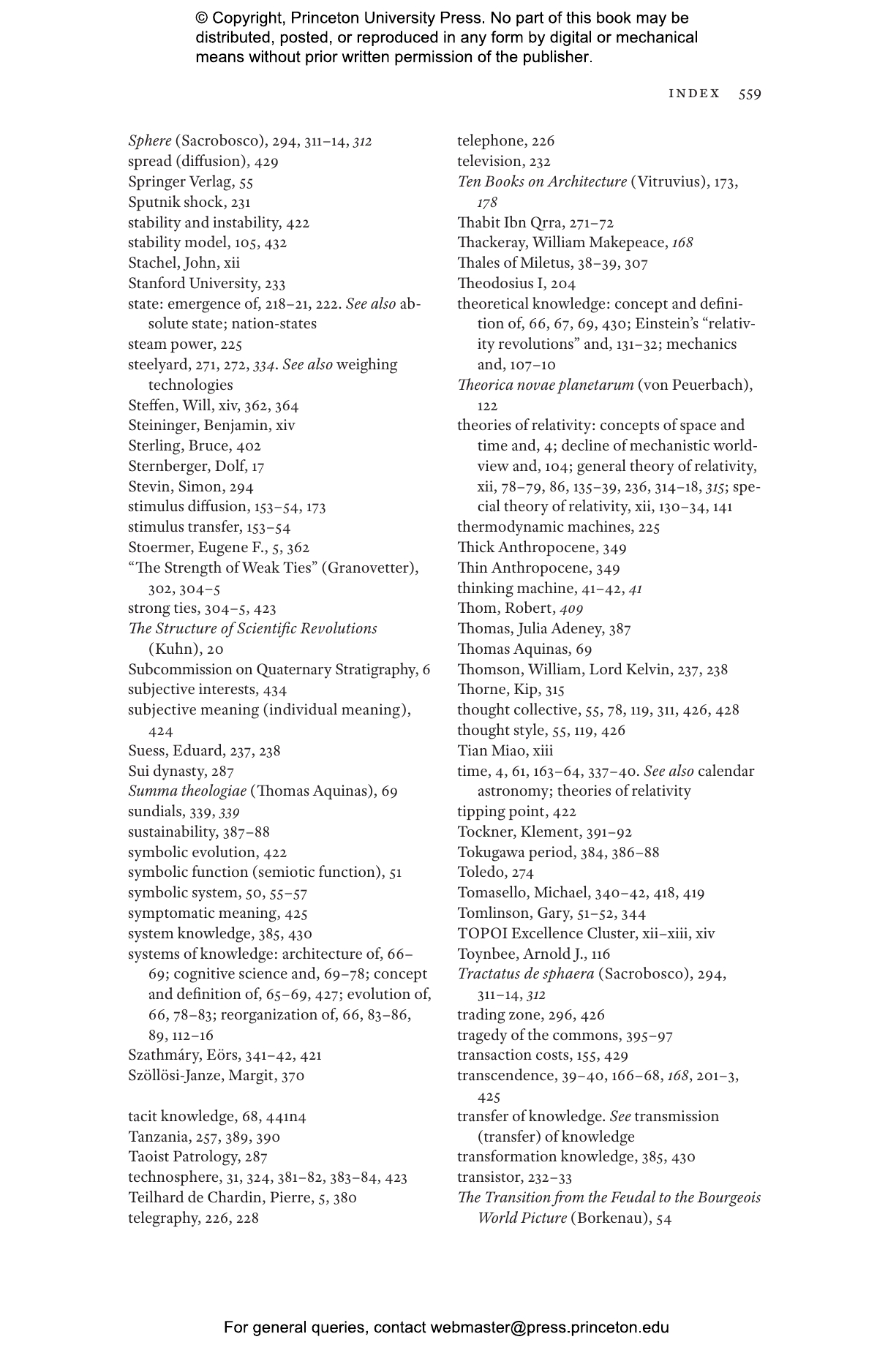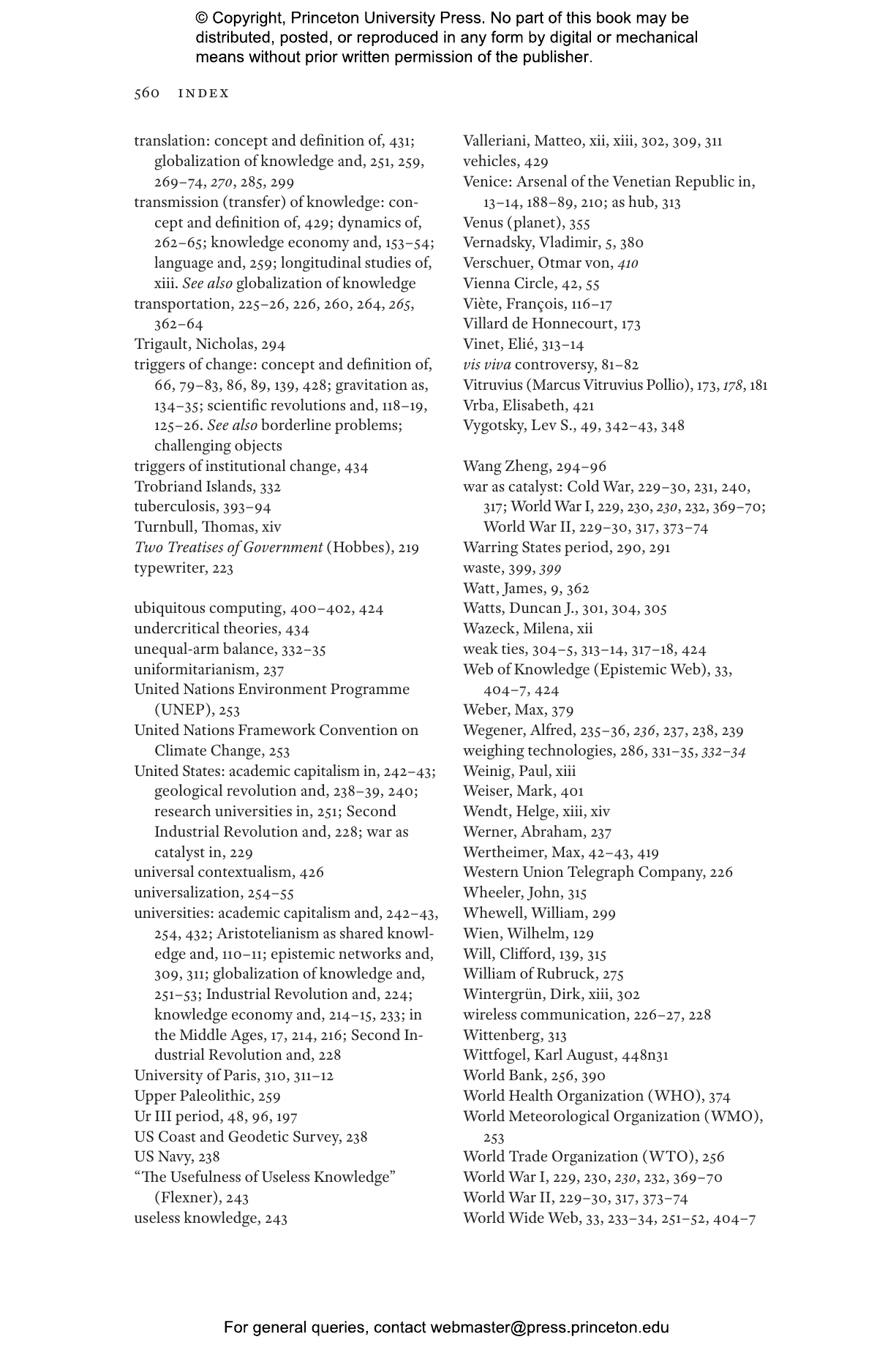This book presents a new way of thinking about the history of science and technology, one that offers a grand narrative of human history in which knowledge serves as a critical factor of cultural evolution. J眉rgen Renn examines the role of knowledge in global transformations going back to the dawn of civilization while providing vital perspectives on the complex challenges confronting us today in the Anthropocene鈥攖his new geological epoch shaped by humankind.
Renn reframes the history of science and technology within a much broader history of knowledge, analyzing key episodes such as the evolution of writing, the emergence of science in the ancient world, the Scientific Revolution of early modernity, the globalization of knowledge, industrialization, and the profound transformations wrought by modern science. He investigates the evolution of knowledge using an array of disciplines and methods, from cognitive science and experimental psychology to earth science and evolutionary biology. The result is an entirely new framework for understanding structural changes in systems of knowledge鈥攁nd a bold new approach to the history and philosophy of science.
Written by one of today’s preeminent historians of science, The Evolution of Knowledge features discussions of historiographical themes, a glossary of key terms, and practical insights on global issues ranging from climate change to digital capitalism. This incisive book also serves as an invaluable introduction to the history of knowledge.
"[Renn鈥檚] new tour de force, The Evolution of Knowledge, addresses all those concerned with science鈥檚 fate. . . . In the 1930s, at a moment of existential crisis comparable to today鈥檚, [Edmund] Husserl likewise sought to reorient science around shared human experiences and common human needs. Yet Husserl, a notoriously opaque writer, had little hope of communicating his message to the scientific community. With this lucid and accessible book, Renn stands a far greater chance of success."鈥擠eborah R. Coen, Science
"This is an important book and one that powerfully advances our understanding of how knowledge operates in society while directly engaging with pressing contemporary issues."鈥擥eoffrey Cantor, Times Higher Education
"A global history of knowledge is a breathtakingly ambitious project. . . . Renn faces down the difficulties of crafting such an account with skill and resolve. The result is provocative and challenging."鈥擩oseph D. Martin, Physics Today
"In The Evolution of Knowledge, both academics and nonacademics concerned with the state of our planet will find a lot to think with and elaborate on. This erudite, rich, and important book indeed opens conversations rather than closing them."鈥擱af De Bont, Isis
"This book should be required reading for all who consider themselves students of the history of knowledge."鈥擜lfred Freeborn, History of Human Sciences
"An inspiring survey of the products of Renn's long career."鈥擩eremy Trevelyan Burman, Journal of the History of the Behavioral Sciences
"Knowledge in itself may seem to be a subject that is enormous and ungraspable. But this immensely lucid book shows how the fabric of knowledge has developed, at first slowly, then with growing speed to become the huge phenomenon it is today. Navigating our collective futures will require us to understand the changing nature of knowledge. This marvelous book is an extraordinarily useful guide in that task."鈥擩an Zalasiewicz, coauthor of The Goldilocks Planet: The Four Billion Year Story of Earth鈥檚 Climate
"In this exceptional book, Renn provides a general and penetrating in-depth view of the evolution of human knowledge from its roots in simple daily practices to the most abstract scientific theories, offering a breakthrough in the way the history of science is understood."鈥擱ivka Feldhay, author of Galileo and the Church
"Creating knowledge is the essence of being human. J眉rgen Renn's book is a grand narrative of the development of human knowledge, from its earliest beginnings to the twenty-first-century challenge of the Anthropocene."鈥擶ill Steffen, professor emeritus, Australian National University
"For a long time, historians of science have shied away from grand overarching narratives, concentrating instead on specialized microhistories. This book boldly counteracts this trend, offering a new framework for a history of knowledge able to cope with the present-day challenges of the Anthropocene."鈥擜na Sim玫es, coauthor of Neither Physics nor Chemistry: A History of Quantum Chemistry
"The 'evolution' in Renn's title is not a metaphor, for this remarkable book constructs a genuinely evolutionary model for the development of scientific and technical knowledge. Renn's inclusive conceptual synthesis and wide-ranging examples offer abundant grist for thought and debate. And he caps it all with a prognosis鈥攁lmost hopeful鈥攐f humanity's future in the Anthropocene."鈥擥ary Tomlinson, Yale University, author of Culture and the Course of Human Evolution
"This wide-ranging book recounts how science and technology have, over the centuries, shaped and been shaped by the societies in which they are embedded鈥攁n emergent process that has led to the Anthropocene era in which we now live. The deep insights in this work merit a wide readership."鈥擬artin J. Rees, Astronomer Royal, professor emeritus, University of Cambridge
"How should we know the Anthropocene and its unprecedented challenges? Renn tackles this pressing question by tracing knowledge systems from antiquity. His answers lie in rejecting abstraction and infinite horizons for knowledge that takes into account localities and individual human agency. In these dark times, his magisterial history illuminates a way forward."鈥擩ulia Adeney Thomas, University of Notre Dame
